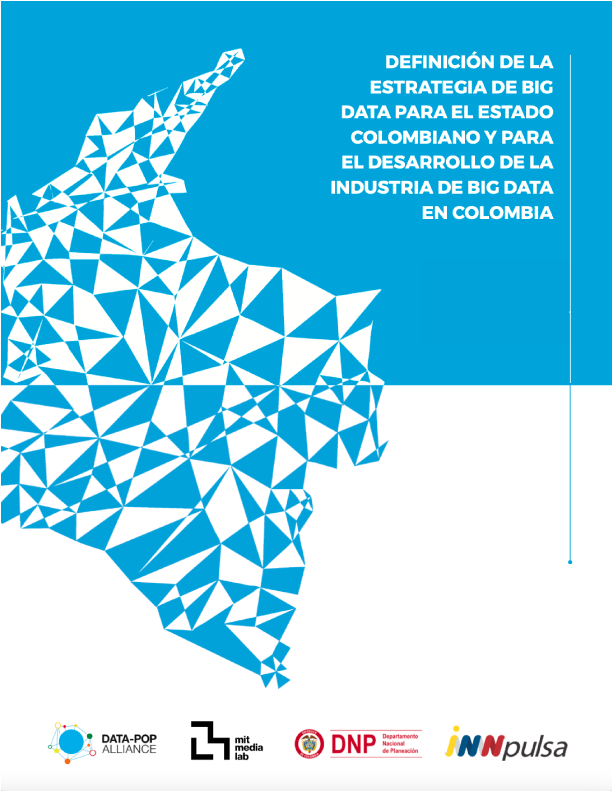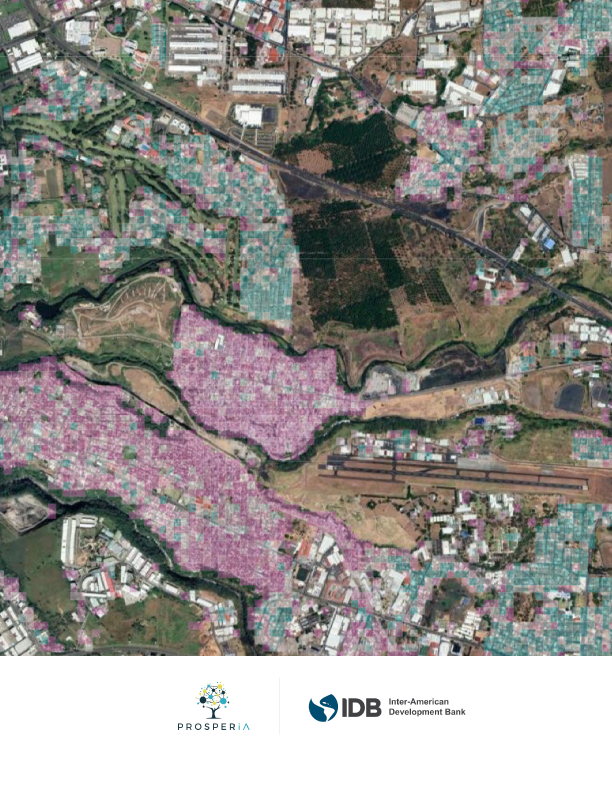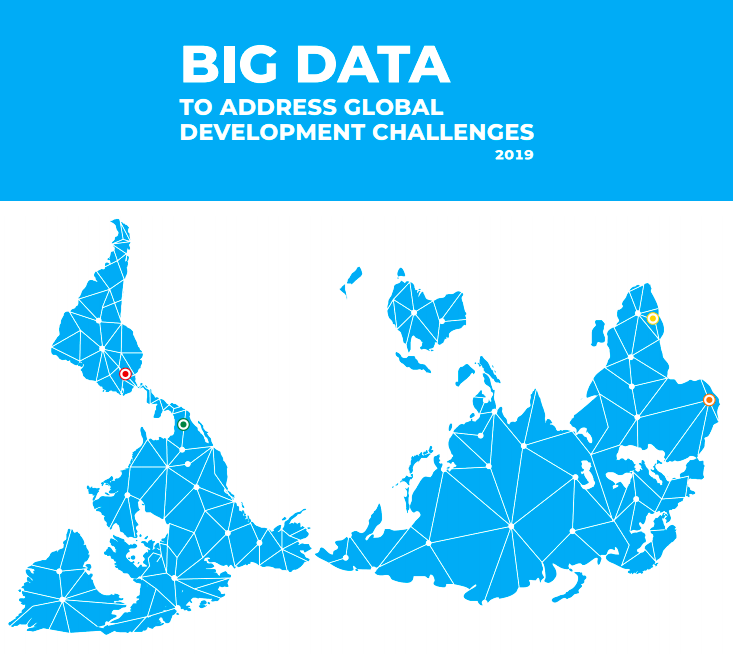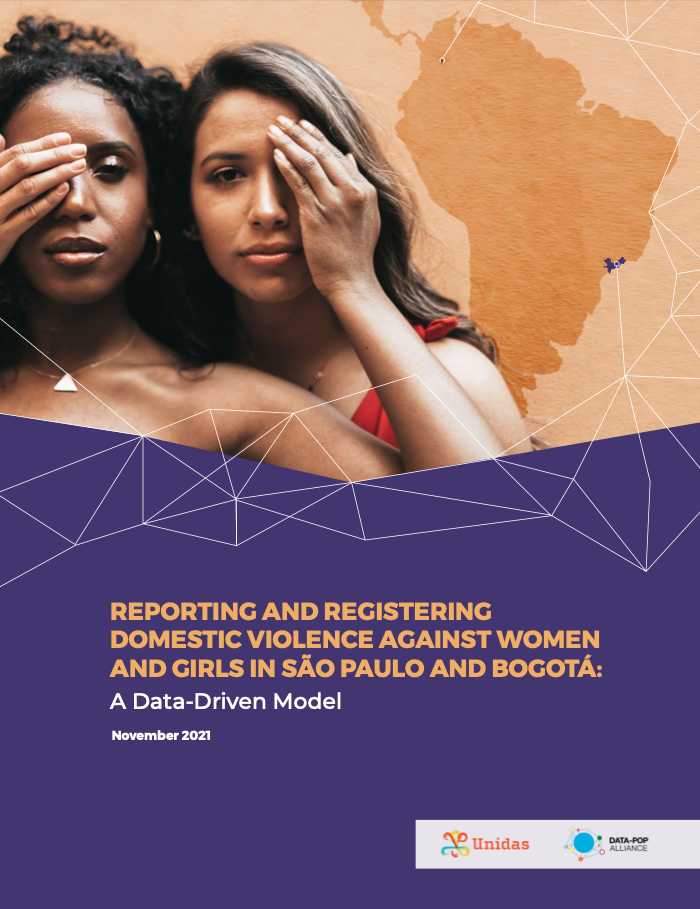Colombia
52.3
Population 2023 (Millions)
0.8
HDI Score
2022 (Max. 1)
70.3
SDG Score
2023
(Max. 100)
0.4
Gender Inequality
Index Score
(Max. 1)
48
Internet Inclusivity
Index 2022
(100 countries)
Overview
Projects

- Partner(s): Department of National Planning (DNP) - (Funder), iNNpulsa, MIT Media Lab
The MIT Media Lab and DPA provided technical assistance to iNNpulsa—Colombia’s entrepreneurship and innovation agency—and to the Department of National Planning (DNP), in the design and development of the country’s first national Big Data strategy, which was presented to the President of Colombia in 2020. After intensive research, DPA produced nine diagnostic documents that were used to identify priority areas and specific actions that generated the necessary synergies to achieve four strategic objectives of the project:
(1) Strengthen the Big Data ecosystem in the country;
(2) Develop analytical capabilities for greater and better use of data;
(3) Foster the digital economy; and
(4) Promote the adoption of Big Data solutions and AI for public administration.

- Partner(s): Inter-American Development Bank (Funder), Prosperia (Lead)

- Partner(s): Agence Française de Développement - AFD (Funder), Cloud to Street, Flowminder, Harvard Humanitarian Initiative, MIT Media Lab, Overseas Development Institute
Four research papers were developed in collaboration with and funded by the Agence Française de Développement (AFD) between 2016 and 2019 under a joint program with Data-Pop Alliance and research partners (Cloud to Street, Flowminder, Harvard Humanitarian Initiative, MIT Media Lab, Overseas Development Institute) titled “Strengthening the evidence-base for leveraging Big Data to address global development challenges”. This research program and papers were designed with the following objectives and criteria in mind: to focus on various development challenges in different local contexts to ensure relevance; to work with trusted partners to ensure academic quality; and to both reflect and promote key determinants of sustainable development, including smoother, fairer, and safer access to data and stronger links between analysts, local decision-makers, and communities. Individually, these papers outlined specific cases and examples of how computational analysis of behavioral data (combined with other datasets) can paint a finer-grained, more complex, and dynamic picture of human reality than ‘traditional’ data allows. Collectively, they sketched the contours of a world where public decisions, in the form of policies and programs, might someday be designed, implemented, and evaluated using the best available data and approaches.

- Partner(s): Inter-American Development Bank (Funder)
This project aimed to support the Inter-American Development Bank (IDB) in preparing for the IDB Andean Summit event held on November 29, 2018, in Quito, Ecuador. A study was generated that identified new Big Data tools being developed and/or used by academic institutions, international organizations, and the public or private sector that would concretely benefit current and future IDB projects. Based on DPA’s experience, the consultancy’s goal was to contribute to the IDB’s knowledge, identification, and capabilities regarding available technological tools that provided observable material improvements at different stages of current or future projects. The study focused on IDB projects in five countries in the region: Bolivia, Colombia, Ecuador, Peru, and Venezuela.

- Partner(s): GIZ (Funder), GIZ Data Lab, GIZ México, Unidas
This project, developed in partnership with UNIDAS and GIZ Data Lab, leveraged traditional and non-traditional data sources to assess the reporting capability of women and girls in Mexico City, Bogota and Sao Paulo. The analytical model estimated the probability of registering domestic violence at the locality or municipal level, taking into account personal (e.g. age, educational attainment) and environmental factors (e.g. access to support services, human mobility during the COVID-19 quarantine). The report for Mexico is not available.
